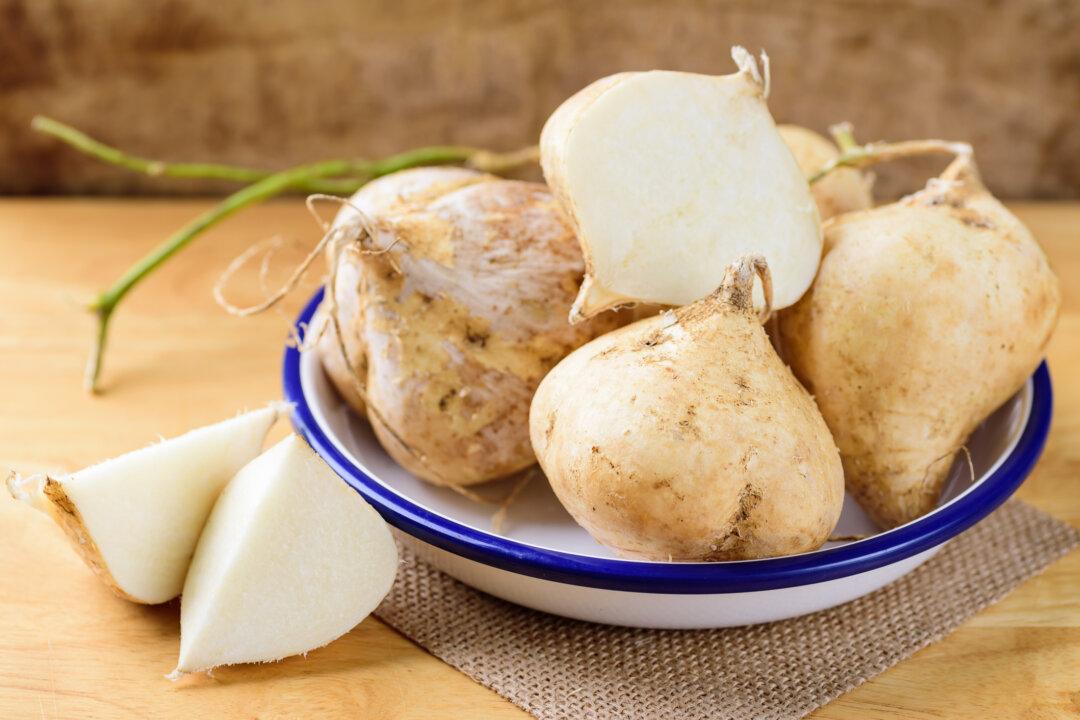Tea has been enjoyed for more than 5,000 years. Its consumption is supported by modern research for related health benefits and disease risk reduction.
Tea Basics
Tea contains polyphenols, antioxidant plant compounds associated with health benefits.The four types of tea known as “true” teas—white, green, Oolong and black—are all made from the leaves of the evergreen shrub, Camellia sinensis.





